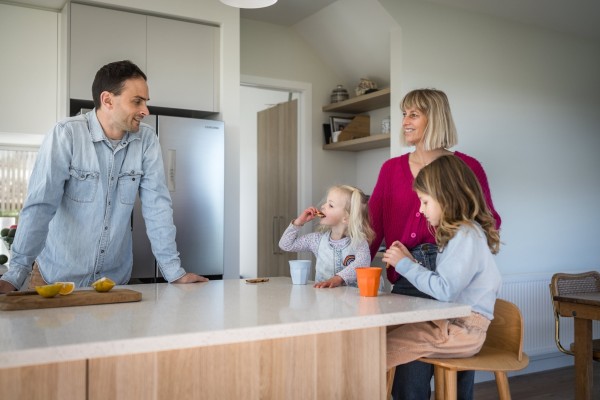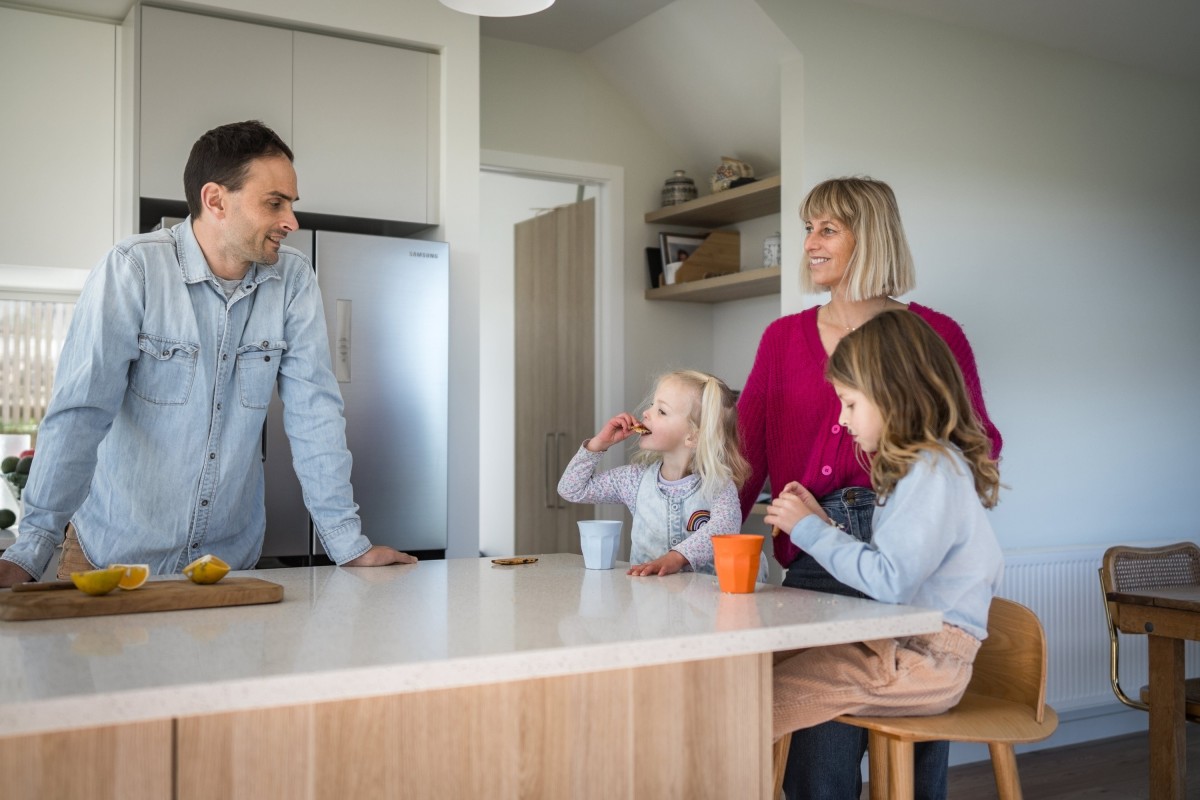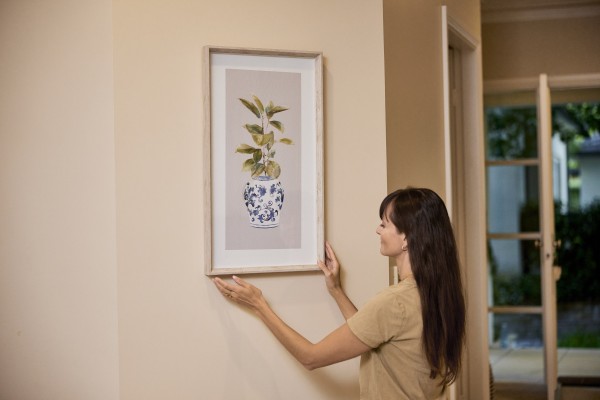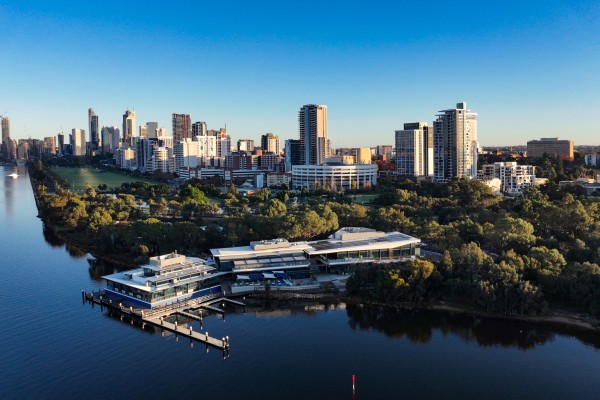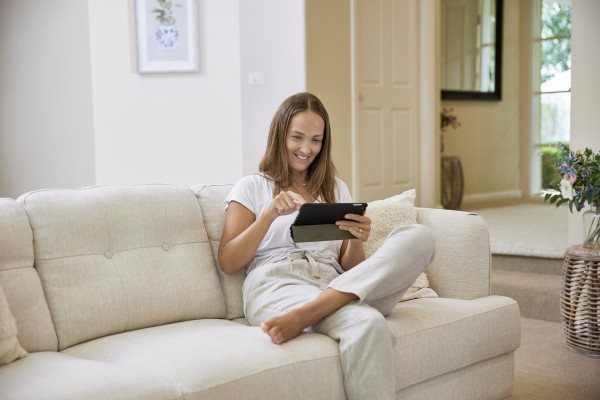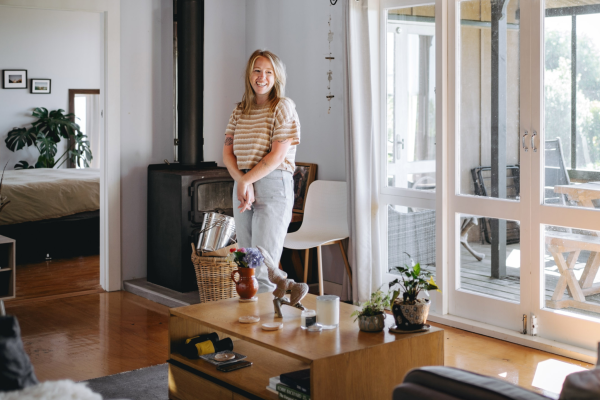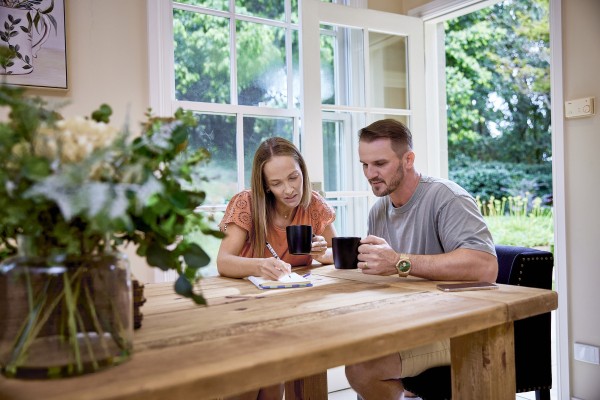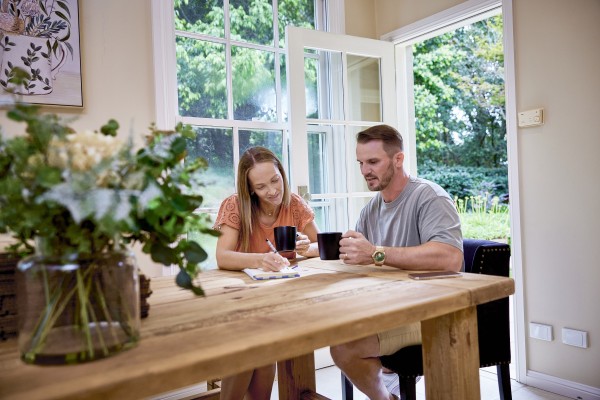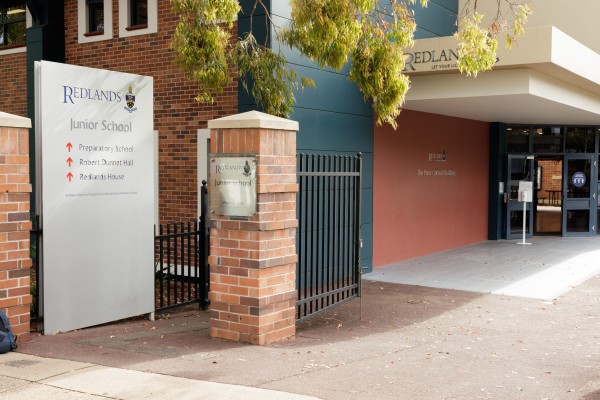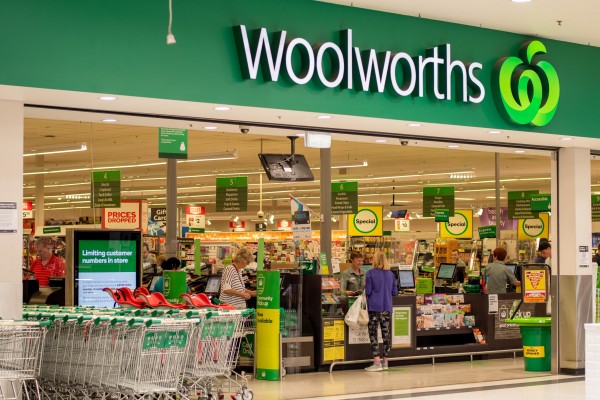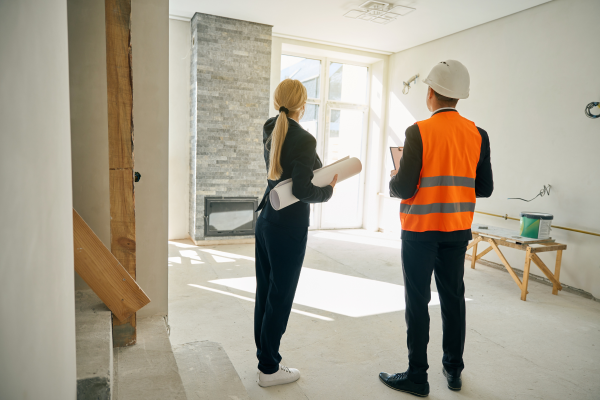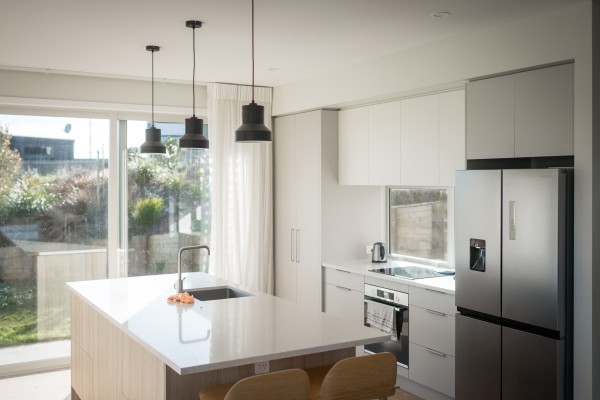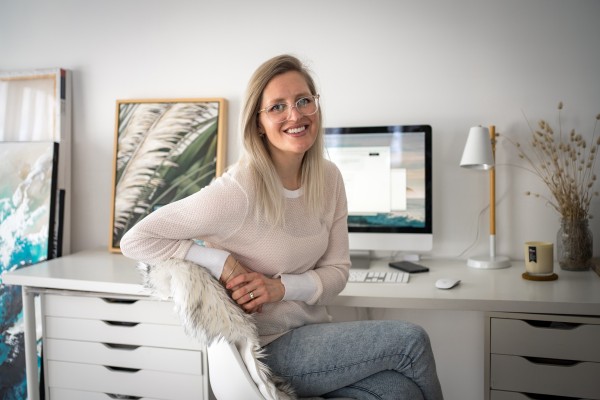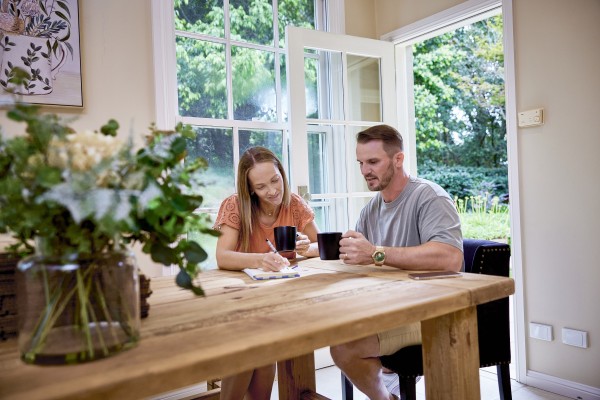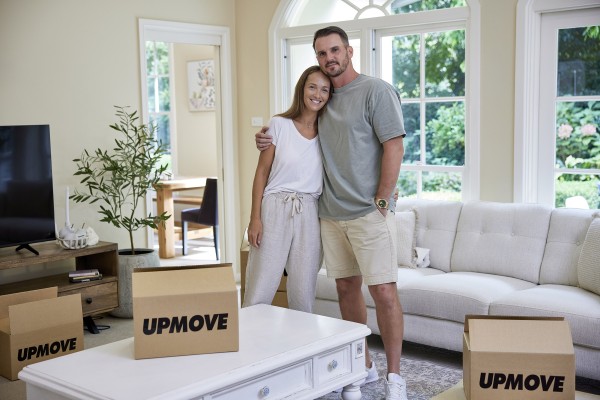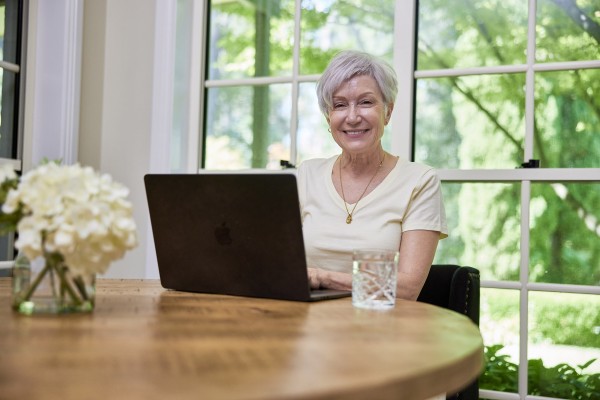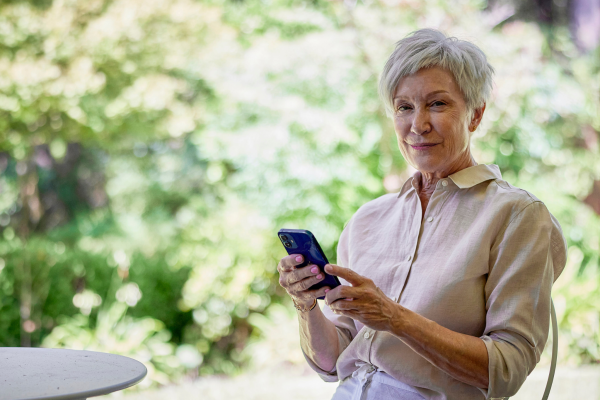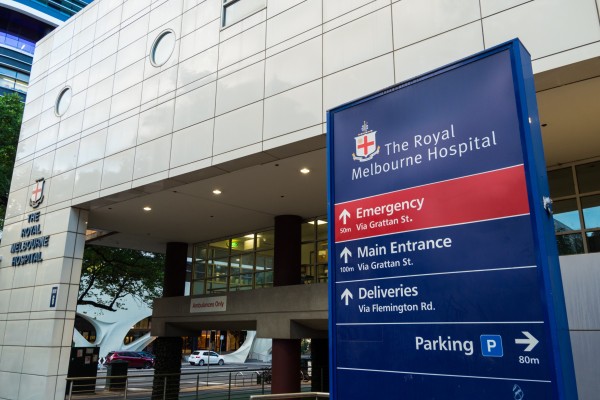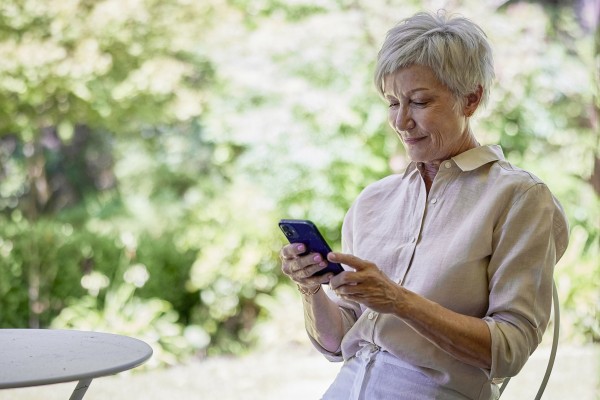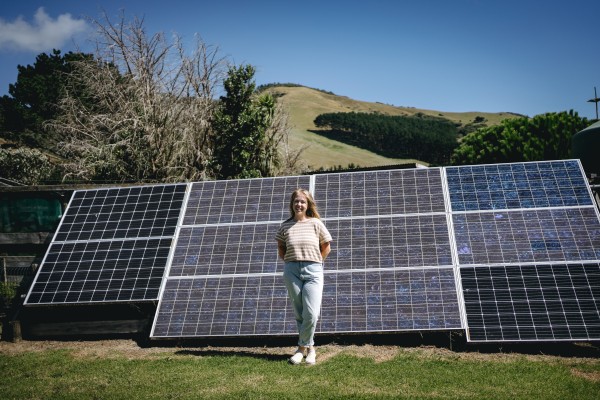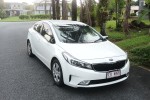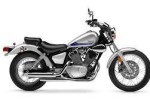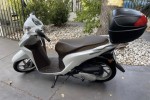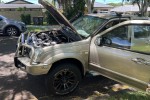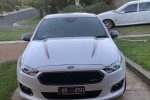How much does it cost to raise children in Australia?
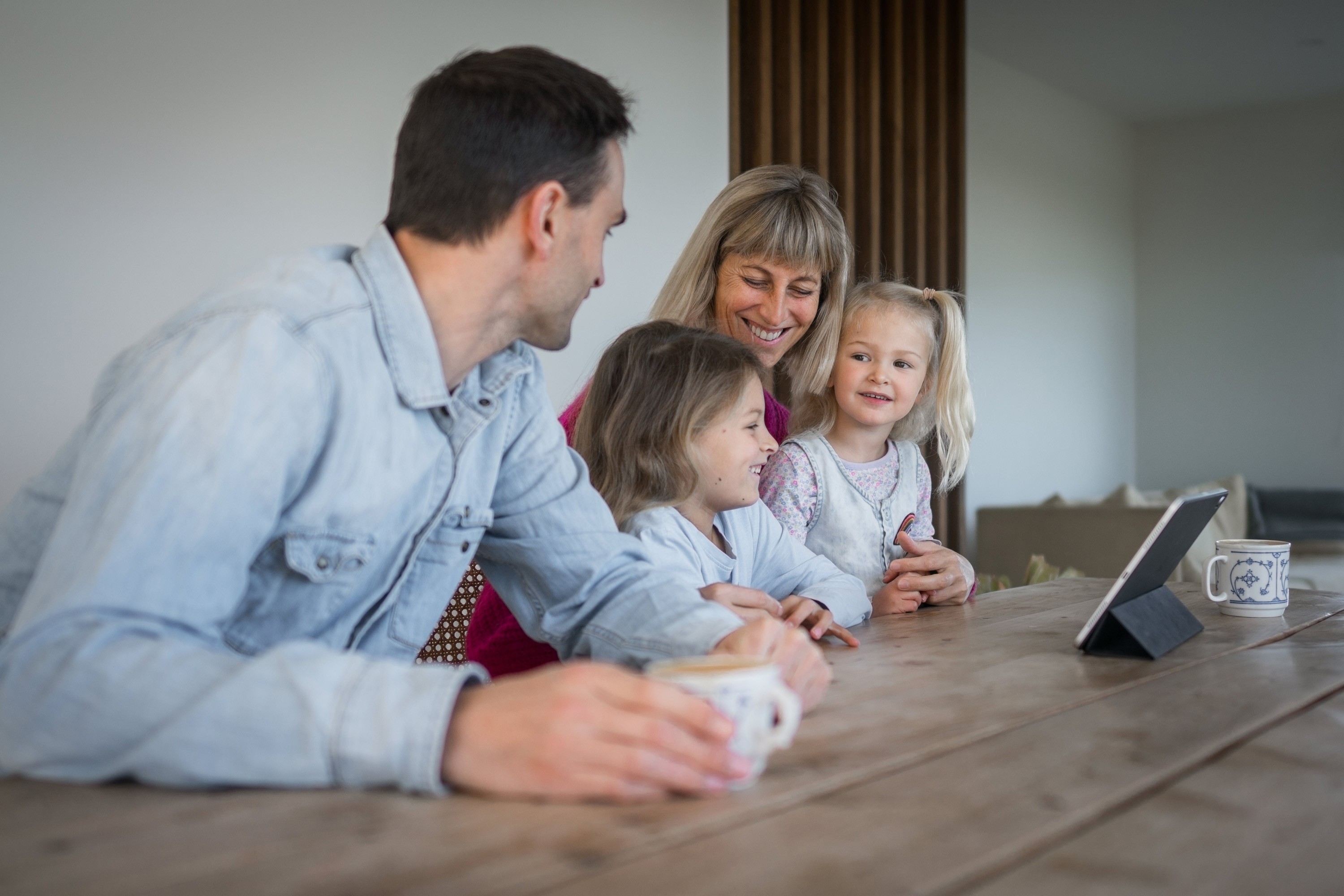
Thinking of starting a family in Australia? Or perhaps you’re already in the thick of parenthood and are wondering how much it’s going to set you back? There’s no doubt raising children comes at a considerable cost no matter which country you live in.
But, by understanding specific expenses and entitlements in your location, you’ll be more financially prepared when growing your family.
In this article, we’re breaking down the key costs involved in raising children in Australia.
The cost of having a baby in Australia
When it comes to understanding the cost of raising kids, it’s important to start at the very beginning. Conception, pregnancy and birth all call for a number of medical check ups and appointments. Luckily Australia's subsidised health system helps keep your costs down.
Medicare (Australia’s healthcare system) covers some or, in certain instances, all costs of having a baby.
Here’s a look at the average out-of-pocket costs (after medicare rebates):
IVF: $6,000 per round after roughly a $4,000 Medicare rebate.
Pregnancy: Most regular prenatal costs are covered, however, some ultrasounds may come with a cost of $100-$200 per scan. Some blood work and diagnostics also have a small fee.
Specialist consultations are not usually covered by Medicare and medications that are not covered on the Pharmaceutical Benefits Scheme will come at additional cost to you.
Birth: If you give birth in a public hospital, the delivery costs are usually covered by Medicare.
Post-birth care: If you give birth in a public hospital, the cost of the hospital stay for post-birth care is generally covered by Medicare. This includes standard care for both you and your baby during the hospital stay. Follow-up care such as home visits from a midwife or nurses, as well as postnatal check-ups, are usually covered. However, if you require additional services or consultations with a specialist, there might be small out-of-pocket expenses.
Key costs covered by Medicare
Medicare helps cover costs for:
-
Fertility treatments
-
Assisted reproductive treatments such as IVF
-
Routine ultrasounds
-
Pregnancy counselling
-
Blood tests
-
Some immunisations
-
Care from midwives and obstetricians
-
Telehealth / telephone consults
-
GP visits
Potential out-of-pocket expenses
-
Private care
-
Additional scans/ ultrasounds
-
Specialist consultations
How much does it cost to raise a baby in Australia?
It’s a good idea to budget up to $6,000 for purchasing equipment and furniture for your new baby. In addition to this, a weekly budget of $105 would cover the average ongoing costs such as nappies and formula.
While babies are small, they sure require a lot of stuff. By saving early and planning your budget you can minimise the impact of baby-related costs.
To help, we’ve broken down the average costs of baby essentials.
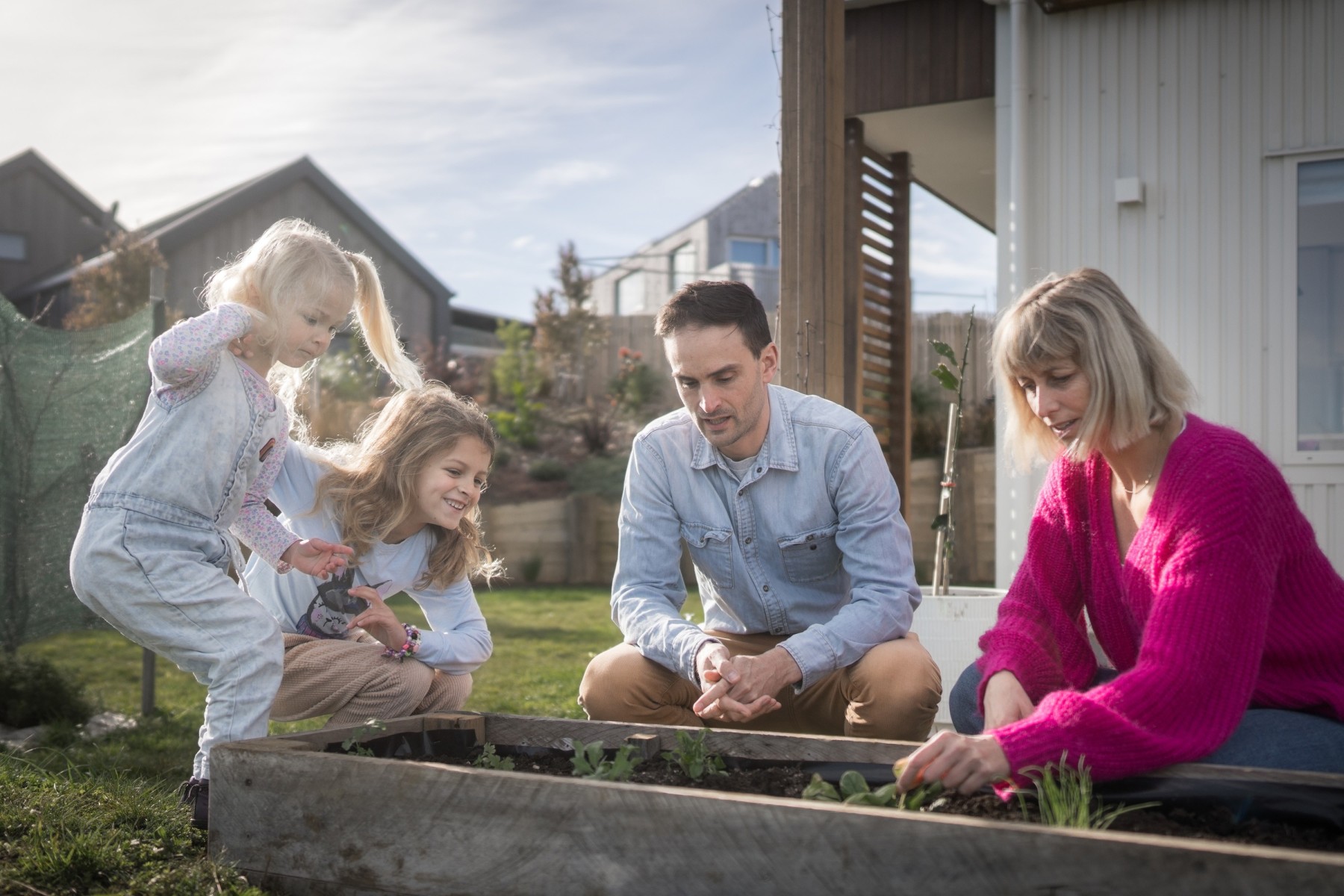
Furniture / equipment costs
-
Car seat: $250 - $1000
-
Toys & books: $100 - $1000
-
Baby clothes (which they’ll quickly grow out of): $200 /quarter
-
Pram: $250 - $600
-
Cot, mattress & bedding: $300 - $500
-
High chair: $100 - $300
-
Baby seat / bouncer: $100 - $300
-
Breast pump: $20 - $300
-
Baby monitors: $100 - $250
-
Bottles & teats: $100 - $250
-
Change table: $100 - $250
-
Nappy bag: $50 - $150
-
Swaddling blankets: $50 - $100
-
Plastic tableware: $10 - $60
-
Changing pad: $10
-
Sippy cups: $10 each
-
Dummies: $10 each (expect to lose a few in your first year)
Ongoing costs (first year) according to Canstar
-
Nappies (disposable): $40 per week.
-
Nappies (cloth): newbornbaby.com.au recommends a budget of around $1,000 to buy all the cloth nappies you will need.
-
Formula: $30 per week until baby starts on solids.
-
Solids: From age six months expect to spend around $5 per day for ready made baby food.
How much does it cost to raise a primary-aged child in Australia?
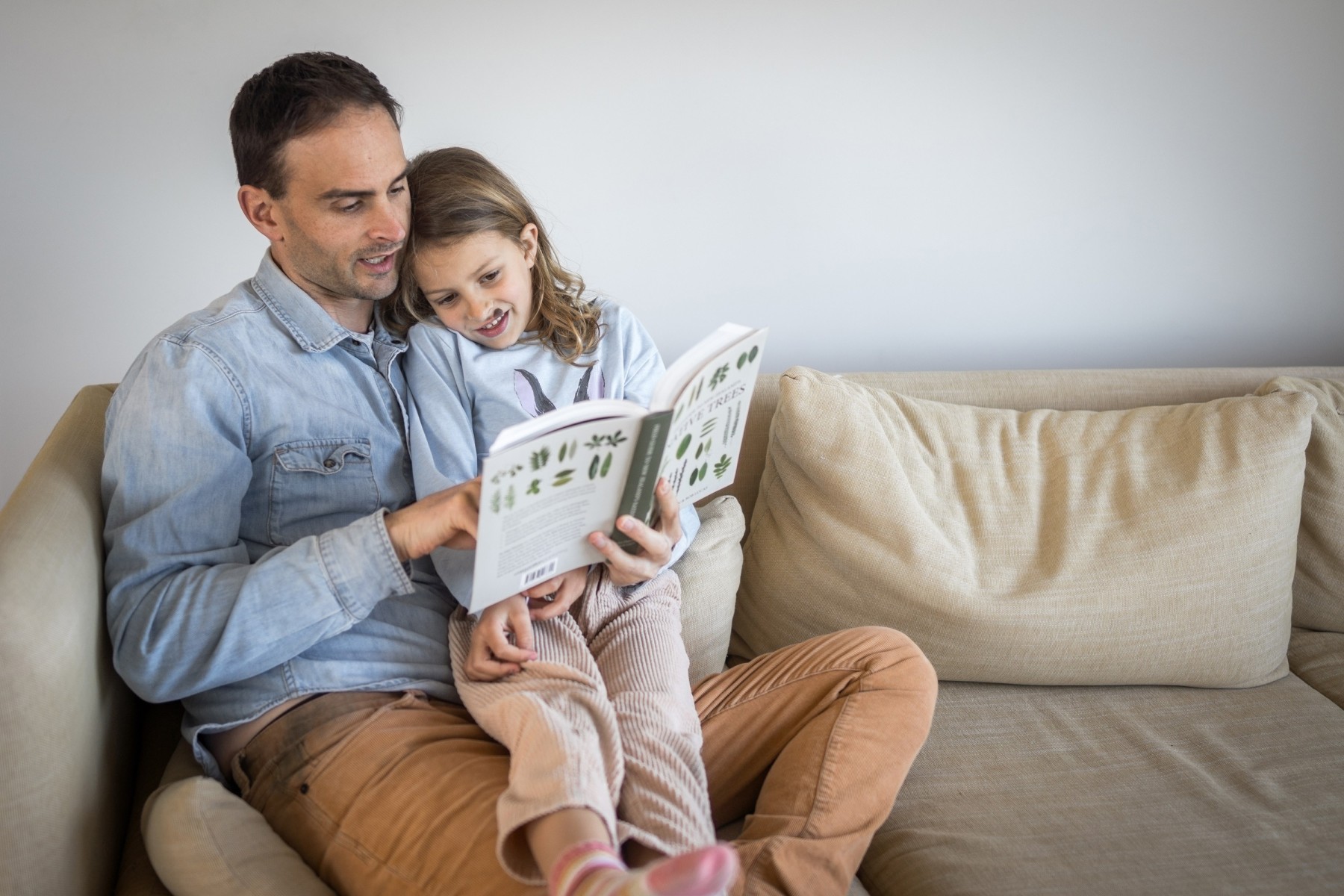
Once your little one reaches primary age, there are a whole new range of costs to be considered. The budget you’ll need will depend greatly on your lifestyle and preferences including whether you choose to go with public or private school, and what extracurricular activities you sign up to.
So you can plan ahead, we’ve outlined some average costs below.
Primary education costs
Tuition fees cost parents an average $158 per year for public primary school, although this figure can vary between States and Territories. Private primary schools can cost up to $12,000 per student, per year depending on the school.
Extra curricular costs
According to financial expert Mozo, the average Aussie household spends $1,859 a year, per activity for just one child.
Childcare costs
Childcare can be expensive depending on where you live. The average daily cost for childcare across Australia is $130 but in some parts of the country parents pay up to $200 per day.
Food and nutrition
The cost of food and nutrition for your primary aged child will vary depending on their preference and dietary needs. However, as a guide the NSW government recommends a minimum of $100 per week per member of the household be allocated to food and groceries.
Healthcare
In bulk billing practises healthcare for children under the age of 16 comes at no costs. This includes standard GP visits and appointments, but not specialist treatments, medications or consultations which may come at an extra cost.
The most expensive costs of starting to have children are childcare (59%), nappies and hygiene (54%), and food and groceries (47%). The costs that are the most underestimated were childcare (38%), education (36%), and food and groceries (35%).
How much does it cost to raise a teenager in Australia?
As your child enters the teenage years their needs will shift dramatically. School costs tend to go up as they enter secondary education, extracurricular activities increase and they certainly eat a lot more food.
Here’s an overview of what to expect.
Education costs
Public secondary education in Australia is largely no-cost. However, schools do ask for voluntary contributions from families each year. This contribution amount can vary from a couple of hundred dollars to $1,000 per student per year depending on the school and location.
Private secondary schools range in tuition fees with some schools charging up to $20,000 per student per year.
Extracurricular activities
According to financial expert Mozo, the average Aussie household spends $1,859 a year, per activity for just one child. Oftentimes as children get older, they require more specialist tutoring or equipment for their extracurricular activities. This all comes at an additional cost.
Healthcare
While basic healthcare remains free for those under 16, older teenagers may require more specialised healthcare visits for things like dental care (e.g., orthodontics), optometry (e.g., contact lenses), or other specialised care. Orthodontic treatment such as braces can cost up to $10,000.
The costs you don’t expect
Things like food & groceries, education and clothes are all pretty clear cut costs that are easy to plan and budget for in advance. However, there are some costs that fly under the radar, such as lost income.
Parents estimate they spend 35 hours per week on average taking care of their children, totalling an average of 1,822 hours per year, and 6 billion hours annually Australia-wide.
Nearly 3 in 5 (56%) have had to reduce their working hours or seek more flexible working arrangements because of having children, and over 2 in 5 (41%) have had to look for different types of jobs.
So how much does it actually cost to raise children in Australia?
While opinions and estimates vary depending on where you get your info from, the average annual cost of raising a single child is $12,750 per household.
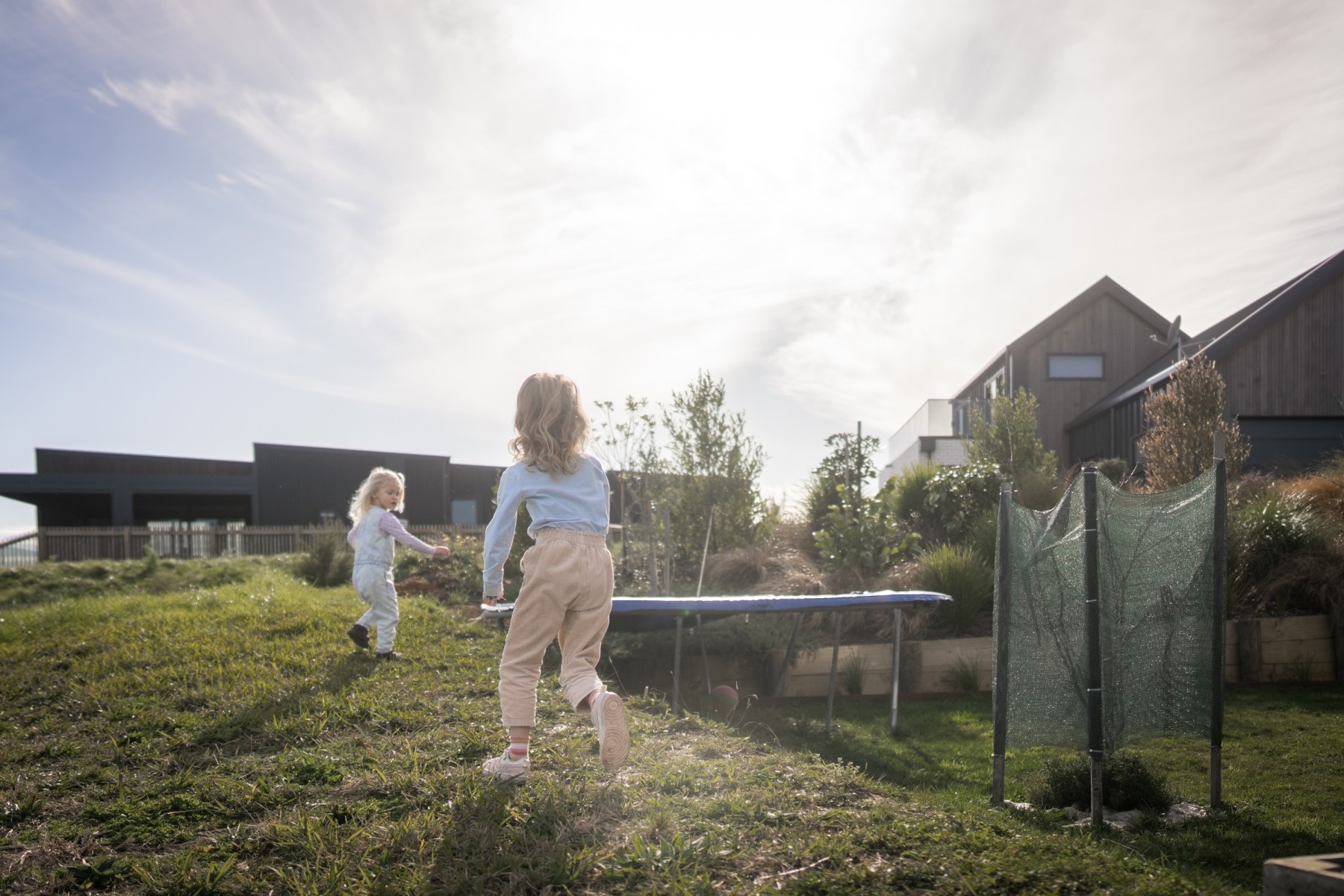
Is Australia an expensive place to raise children?
The short answer is yes. This is largely due to the fact that Australia has a relatively high cost of living. However, the country also has a robust healthcare offering free base care for children and an education system that is available at virtually no cost to families in most instances.
Relocating to or within Australia
If you’re moving your family to Australia or within the country, there’s one cost you don’t need to worry about and that’s the removalists. At Upmove we connect you with affordable moving companies from all over mainland and Tasmania.
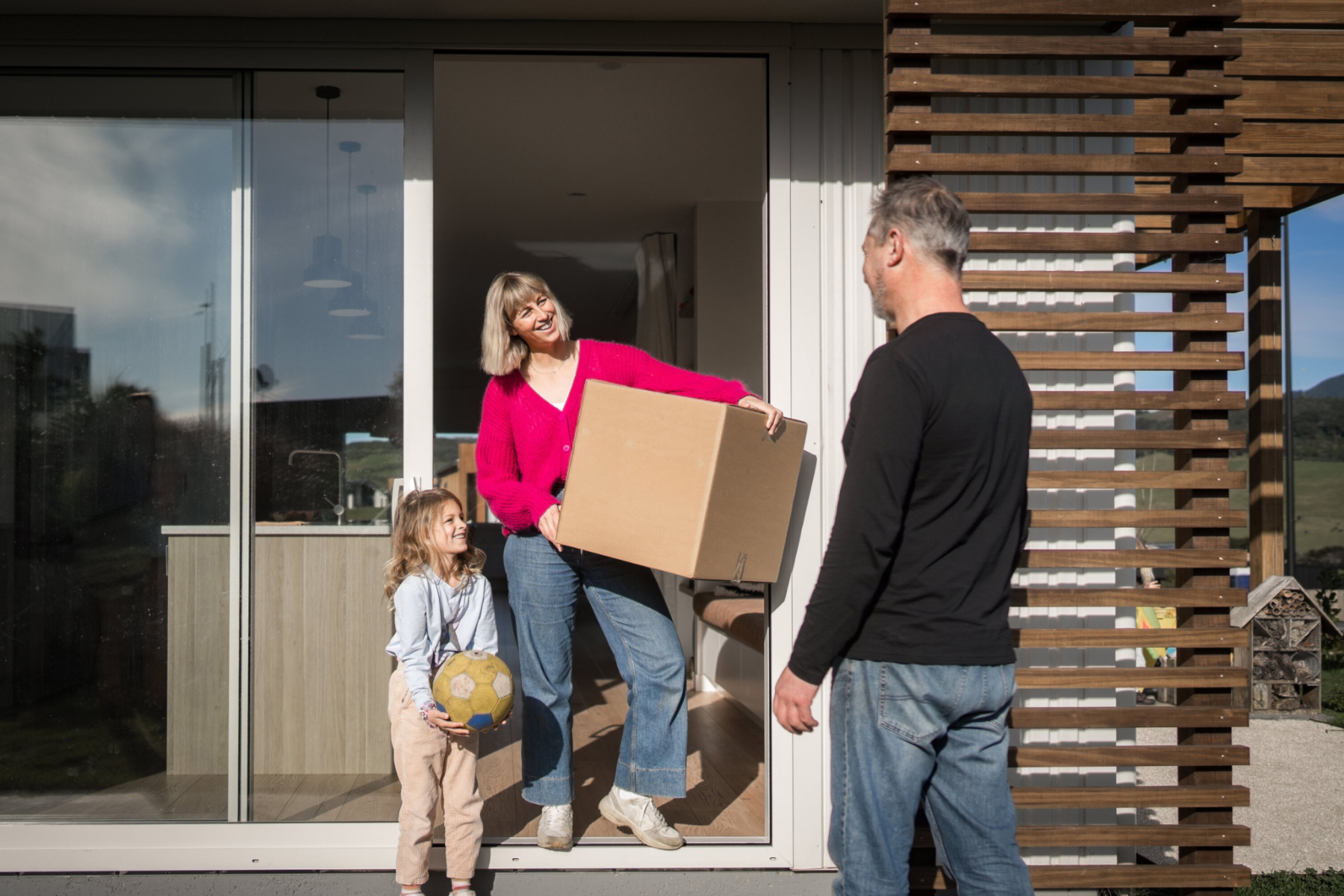
What do our customers say?

